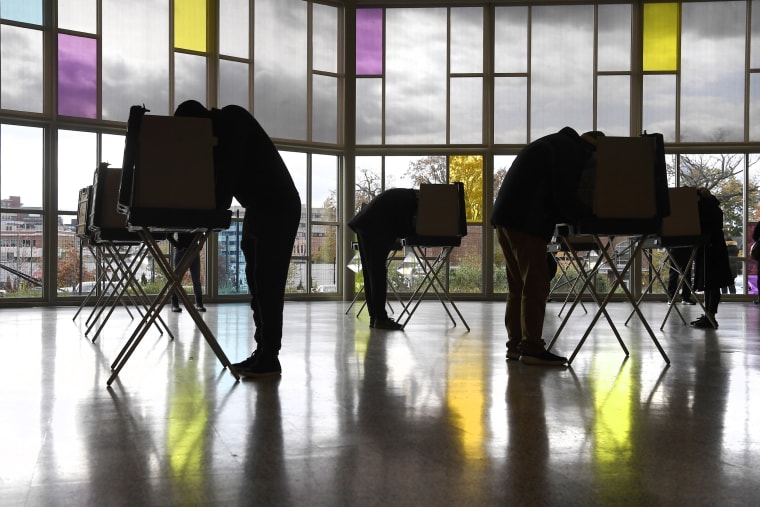Imagine this. It’s 2024, two weeks before Election Day. Rich Americans and large corporations have bet billions of dollars on which party will control the U.S. Senate, but their preferred candidate in a key race to determine the majority is two points down. To save their bet, they launch a smear campaign against the leading candidate, swinging the outcome of the election and the control of the Senate.
This possibility is no fantasy. The Commodity Futures Trading Commission (CFTC) is currently considering a prediction market’s proposal that would allow individuals and corporations, including political donors, to place bets of up to $100 million on which party will win control of the House or Senate in 2024 and beyond. If you don’t think those big players will do everything possible to win their bet — including disinformation campaigns — then you aren’t paying attention to American politics.
Kalshi, by contrast, is asking permission to create an election casino.
Allowing such bets will corrupt our elections, treating them as commodities to be bought and sold. That is government by and for the powerful, not the people.
The proposal before the CFTC is from KalshiEX LLC, a prediction exchange that lets users bet on events ranging from whether the government shuts down to daily temperatures in Chicago. The CFTC has rejected other applications for election gambling, only allowing small-scale operations like the Iowa Electronics Market (which limits wagers to $500). Kalshi, by contrast, is asking permission to create an election casino.
Kalshi’s proposal is troubling in several ways. First, the CFTC risks wandering way out of its regulatory lane. As CFTC Chairman Rostin Behnam said, if the commission seriously entertains Kalshi’s application, “the CFTC could end up being an election cop, and I don’t think that’s what Congress meant or intended for us to do. And I think that raises … a lot of legal questions and policy questions about whether or not you want a financial regulator … policing elections.” There’s an easy answer: We don’t.
Then there is the danger that betting by donors would increase ongoing election interference. Our nation is already grappling with how social media, foreign actors, bots, voter suppression and AI deepfakes can mislead voters. On Wall Street, fake tweets have prompted crashes and chaos. Thankfully, markets could correct quickly. But, unlike markets, a sudden flood of misinformation right before Election Day could lock in a corrupted Congress for two or six years. This has profound implications for the direction of our country, including the confirmation of lifetime justices on the Supreme Court.
Finally, confidence in our elections is already perilously low while election interference continues to surge. Big election bets would be public and likely reported by journalists, which could lead voters to believe races have already been bought and their votes won’t matter. This would be another tool to disenfranchise voters, with potentially huge payoffs for bad actors.
Allowing betting on elections would be a radical departure for American democracy.
Democracy is precious — and fragile — because it demands that we reach for our higher ideals. Selfish cynicism is much easier. To hold free elections requires us to make the shared commitment that it is more important for the people to choose the winner than it is for either side to win. It requires us to put the nation’s needs ahead of our own greed. It requires us to say that, yes, elections are distinct from the rest of our economy — and they should stay that way. When we reduce democracy to a horse race for the wealthy to bet on, we cheapen the American experiment by saying money is more important than morals.
Allowing betting on elections would be a radical departure for American democracy. It would enrich the few at the expense of the many. It would threaten the integrity of our elections. And it would undermine the voice of the American people. The CFTC should protect American democracy and reject this proposal.
